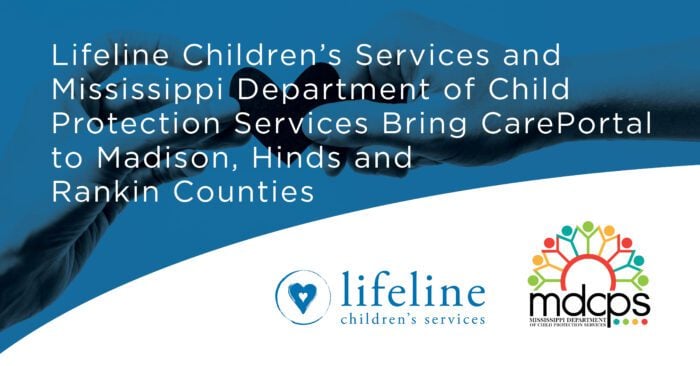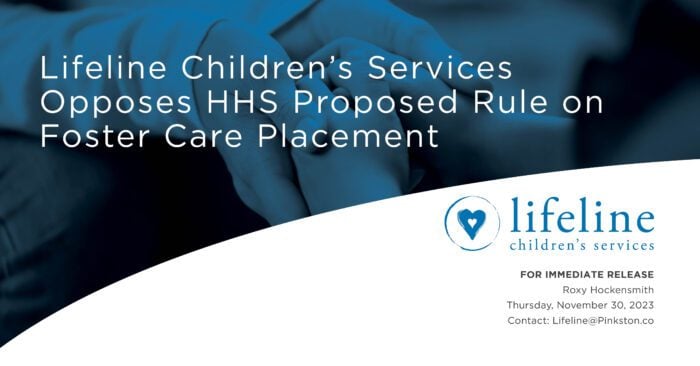NAVIGATING THE HOSPITAL
A hospital stay or medical procedure can be a scary and overwhelming experience for a child of any age, as well as for parents. The sterile environment, people wearing scrubs everywhere, and new and unfamiliar sights, smells, and sounds can bring about a sense of anxiety and fear in children and adults. For children who have been recently adopted, are new to this country, language, and culture, or have gone through any form of trauma, feelings of anxiety and fear can be exacerbated. Thinking about how to prepare your child for going to the hospital may be an overwhelming task and you may not know where to begin. Two important things to remember are to meet your child where they are and be honest. Do not give your child more details than they need, that may overwhelm them, but always tell them the truth. Lying to them about where they are going and why can be detrimental to the child’s healing, damaging the foundation of trust you have been building. Explore with your child, what they are expecting, excited about, and worried about regarding the procedure and hospital stay.
If your child is expressing an increased amount of anxiety regarding their stay in the hospital, it may be helpful to ask your physician or call the child life department at your hospital to learn if there is an option for a hospital tour prior to admission or a surgery. Below is a list of books that could be helpful to read with your child prior to going to the hospital:
- A Visit to the Sesame Street Hospital written by D. Hautzig, D. Elliot (for 2-6yrs of age). Grover, Ernie, Bert and his mother visit the hospital and learn about what to expect when Grover gets his tonsils removed.
- Going to the Hospital written by Fred Rogers (for 3-8yrs of age). Mr. Roger’s discusses the common fears associated with going to the hospital and follows two children as they are admitted to the hospital.
- Franklin Goes to the Hospital written by P. Bourgeois, B. Clark (3-7 yrs of age). This book explains the hospital admission process and explains different common hospital experiences. It also addresses common fears children have in the hospital.
- Tubes in my Ears written by V. Dooley, M. Katin (6-10 yrs of age). A child provides his perspective of his experience with getting tubes in his ears. It gives helpful information about the hospital and tools used.
- Jessica’s X-Rays written by P. Zonta, C. Dobson (6-10 yrs of age). After Jessica breaks her arm, she goes to the hospital and learns about x-ray’s. Actual x-ray pictures are included.
- Clifford Visits the Hospital written by N. Bridwell (2-7yrs of age). After sneaking into the hospital, Clifford takes a tour of the hospital and learns about the people who work at the hospital.
As you support your child during a health-care experience, and cope yourself, it can be helpful to understand the roles of those providing your child’s care, and what it is like to advocate for your child.
Professionals and their role in your child’s care:
Nurses: Pediatric nurses will provide medical care to your child according to their care plan while also working with the family as a whole to address their concerns, questions, needs and fears.
Chaplain: A chaplain is a member of your child’s multidisciplinary team to support your family’s spiritual needs. They can do so through conversations and prayers prior to a surgery, bedside visits during a hospital stay and support for families during medical procedures.
Child Life Specialist (CCLS): Child Life Specialists are professionals that will be a member of your child’s multidisciplinary team. If their services are not mentioned to you, ask your nurse or another medical professional if child life services are offered at your hospital. The role of CCLS is to help children of all ages and families cope with the stress and uncertainty associated with injury, illness, and treatment. They provide developmentally-appropriate and evidence based interventions including therapeutic play, preparation and education to reduce fear, anxiety and pain for not only the child but also the family members or caregivers.
Social Worker: Social workers that serve in a healthcare setting will also be members of your child’s multidisciplinary team. Their role is to integrate the psychosocial needs of the patient and family with the medical needs of the patient. They address the challenges that families face as well as work to increase the family’s accessibility to health care and other services.
What does it look like to advocate for your child: Speaking up for your child amongst medical professionals can be an overwhelming or intimidating experience. Though your child may not have been in your home for very long before this health care experience, and there may be a communication or language barrier between you and the child or between the child and the medical team, remember you are their voice. Though a hospital stay is not an ideal experience to share with your child shortly after bringing them into your home, it can be an opportunity to learn more about your child, advocate for what is in their best interest, and be an emotional support for them during this difficult experience. Because you will likely be with your child throughout the time in the hospital it is a very concentrated time for you to be emotionally present for them and to meet their needs. Many parents report that while they were dreading the big medical procedures and the hospital stay, in the end, they found the hospital experience had actually promoted a closer relationship with their child.
Make sure that the members of your child’s medical team understand their history and the trauma they have experienced prior to entering your home. Negative healthcare experiences that your child had prior to entering your home may impact their current experiences in the hospital. Healthcare providers in other countries may not have been as gentle as their current providers or able to reduce the amount of pain a child feels. It would be beneficial to let your child’s healthcare team know that any procedures or experiences that may have in the hospital may trigger painful or unpleasant memories from their past. During your initial visit or at the beginning of your hospital stay, you will be asked extensively about your child’s history. This information should then be entered into your child’s medical chart. When new medical professionals join your child’s team they should check your child’s chart to gain an understanding of their history before coming to you. If you begin to feel like a broken record in telling new nurses, medical residents or other professional your child’s whole history, it is ok to ask them if they have had a chance to read through your child’s medical history in their chart. If they say no, then you can politely ask them to read through their chart.
If you or child have any questions or misconceptions regarding any piece of the medical care, do not hesitate to ask questions of your child’s multidisciplinary team. If your child is having trouble understanding certain medical terms or procedures, consult with your child’s Child Life Specialist. The Child Life Specialist can help your child better understand what is going in the hospital and what it all means using developmentally appropriate language and activities.
Developed by: Charlie Ann Bishop, CCLS



